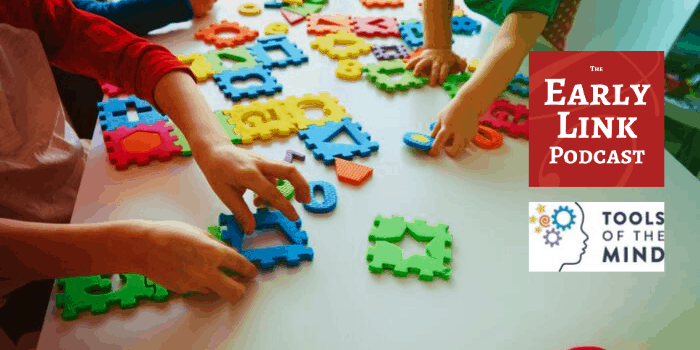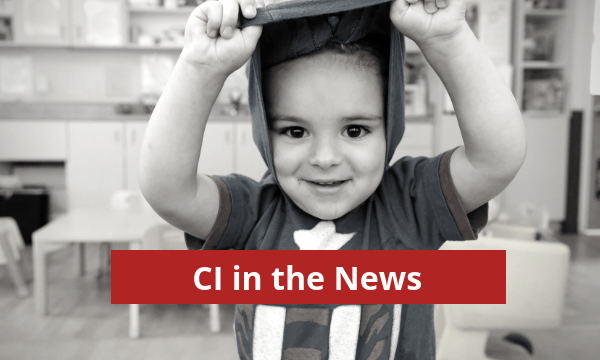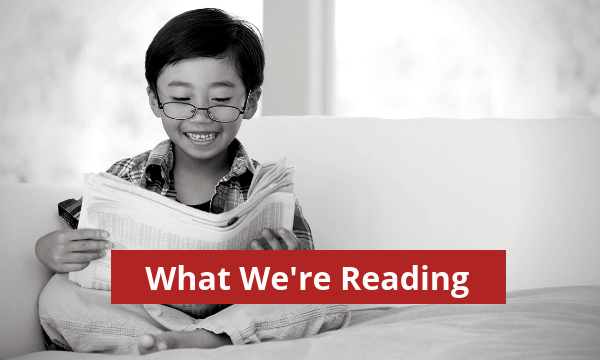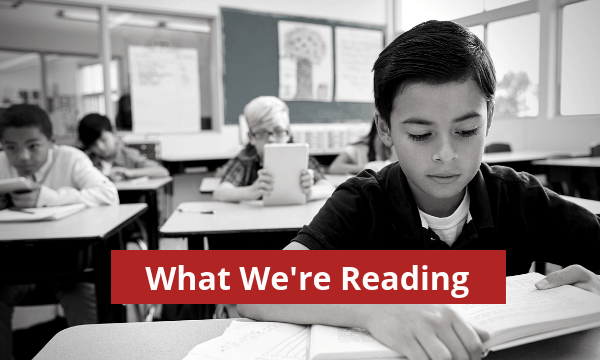
Oregon Among Tax Strategy Leaders in Funding Early Care and Education
“Funding Our Future: Generating State and Local Tax Revenue for Quality Early Care and Education” is a new report that provides early childhood leaders with strategies to direct state and local resources to funding high-quality early care and education. The report, issued by the BUILD Initiative, the Center for American Progress, the Children’s Funding Project, the Institute on Taxation and Economic Policy, and the University of Maryland College Park Schools of Public Health and Public Policy, highlights Oregon’s new approach to corporate and business taxation.
The Fund for Student Success, passed by Oregon’s legislature in 2019, is a gross receipts tax that applies to a variety of corporations, partnerships, and other entities. Businesses that gross more than $1 million in Oregon sales will pay a 0.57 percent tax, all of which will go toward funding the Student Success Act (SSA). Twenty percent of SSA funds are dedicated to early childhood programs and services through the Early Learning Account. Additional funding in a separate Student Investment Account can also be used by individual school districts to expand access to early learning. According to the report, Washington state and San Francisco have also used taxes on business to help fund early learning.
The report also discusses the use of other types of state and local taxes to fund early care and education, providing examples of states and municipalities already using taxes to fund early care and education, and “next generation ideas” for policy makers interested in taking advantage of these funding opportunities.
- There are no states that dedicate any of their estate and inheritance taxes to early care and education.
- Personal income taxes are being used in Dayton, Ohio to fund early care and education for low-income families.
- Cincinatti, OH; King County, WA; San Miguel, CO; and Seattle, WA have approved the use of personal income taxes for early care and education.
- A portion of sales taxes in Pitkin County, CO; San Antonio, TX; Denver, CO; and South Carolina are used to fund early care and education.
- Cities in Arkansas, Arizona, California, Colorado, Georgia, Pennsylvania, and Washington have allocated funds from “sin taxes” such as those on tobacco, alcohol, lotteries, and gambling to early care and education.
- Florida and Colorado are leading the way on the use of special district government taxes to fund early care and education.
Download the full report to find out how your state is using these taxes to support young children and families, and what more they could be doing.
Children’s Institute’s Director of Policy & Advocacy, Dana Hepper contributed to the Revenue Work Group for this report.




